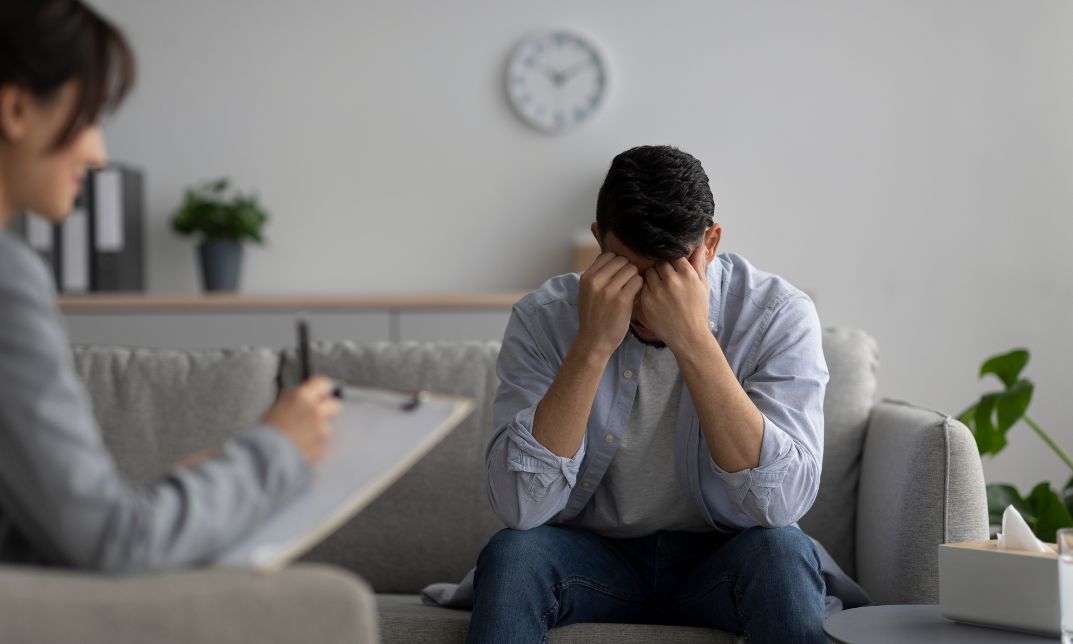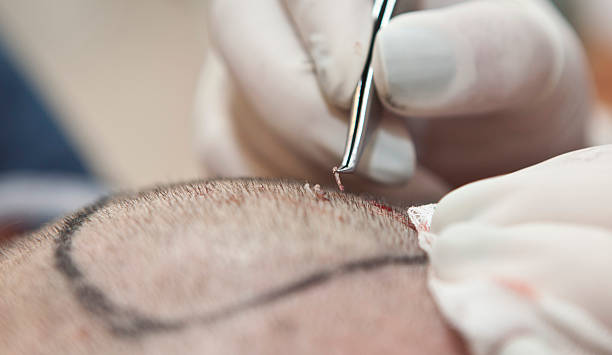Anxiety and depression are two of the most common mental health challenges people face today. They can affect anyone, regardless of age, gender, or background. These conditions can interfere with daily life, relationships, and even physical health if not managed properly. The good news is that help is available, and seeking support is a positive first step toward recovery.
Many people often wonder, “Where can I get help for anxiety and depression?” The answer depends on individual needs, the severity of symptoms, and available resources. Treatment options range from professional therapy to support groups and even lifestyle changes. By understanding the choices, you can find the right path to healing.
1. Professional Therapy and Counseling
One of the most effective ways to treat anxiety and depression is through therapy. Licensed therapists, psychologists, or counselors use evidence-based methods such as Cognitive Behavioral Therapy (CBT), talk therapy, and mindfulness practices. These sessions provide a safe space to talk, understand negative patterns, and develop healthier coping strategies.
In cities like Atlanta, many clinics and mental health professionals specialize in providing Anxiety and Depression Treatment in Atlanta, GA. These services are designed to meet patients where they are and guide them toward emotional well-being. For some, one-on-one sessions work best, while others may benefit from group therapy where shared experiences create a sense of support and understanding.
2. Medical Support and Medication
In certain cases, therapy alone may not be enough. Doctors or psychiatrists can prescribe medications such as antidepressants or anti-anxiety medicines to balance brain chemicals. Medication is often used alongside therapy to maximize results. A mental health professional can determine the right treatment plan after a proper evaluation.
It is important not to self-medicate or stop taking prescribed medicines without guidance. Professional monitoring ensures safe and effective results.
3. Support Groups and Community Resources
Connecting with others who are experiencing similar struggles can be incredibly healing. Support groups offer a space to share experiences, learn from others, and realize you are not alone. Many communities provide free or low-cost support groups both in person and online.
Faith-based organizations, nonprofits, and local community centers often host meetings that bring people together. Sharing stories, challenges, and coping strategies in a supportive environment can reduce feelings of isolation.
4. Lifestyle Changes and Self-Care
While professional care is essential, self-care also plays a major role in recovery. Small lifestyle adjustments can make a significant difference in mental health. Regular exercise, a healthy diet, quality sleep, and stress-reducing activities such as yoga or meditation all contribute to emotional balance.
Spending time outdoors, journaling thoughts, and limiting alcohol or caffeine intake can also help manage anxiety and depression symptoms. Although these changes are not substitutes for medical care, they serve as helpful tools to support long-term recovery.
Trusted Help in Atlanta
For individuals looking for trusted care in Georgia, several well-regarded treatment centers and clinics are available. Among them, Ayeni Addictions Psych Atlanta GA has gained recognition for providing professional and compassionate mental health services. Their focus on personalized care helps individuals find practical solutions for anxiety, depression, and related conditions. Many patients value the clinic’s patient-centered approach and supportive environment.
5. Online Therapy and Telehealth
In recent years, telehealth has made therapy more accessible. Online counseling platforms allow individuals to connect with licensed therapists from the comfort of their homes. This is especially useful for those with busy schedules, mobility challenges, or limited access to in-person services.
Virtual therapy has been proven to be just as effective as traditional in-office sessions. It provides flexibility and privacy, making it easier for people to seek help without barriers.
6. Crisis Hotlines and Emergency Help
Sometimes anxiety and depression can feel overwhelming and even life-threatening. In such cases, immediate support is crucial. Crisis hotlines are available 24/7 to provide help and connect individuals with the right resources. In the United States, calling or texting 988 links directly to the Suicide & Crisis Lifeline. For urgent emergencies, dialing 911 is always the safest option.
These resources are lifesaving and ensure that no one has to go through their darkest moments alone.
7. Long-Term Management and Relapse Prevention
Managing anxiety and depression is often a long-term process. Even after initial treatment, regular follow-ups and ongoing therapy sessions help maintain progress. Relapse prevention strategies, such as learning early warning signs and developing coping plans, play an important role in staying well.
In Atlanta, people seeking ongoing support can find reliable services tailored to their unique needs. Clinics offering Anxiety and Depression Treatment in Atlanta, GA emphasize holistic recovery, blending therapy, medication, and community support for lasting results.
Why Choosing the Right Help Matters
Not every treatment option works the same for everyone. Some individuals may respond quickly to therapy, while others may need a combination of medication and lifestyle adjustments. Finding the right fit is key to recovery. Trusted mental health professionals can guide individuals toward the treatment plan that matches their needs, values, and goals.
This is why clinics like Ayeni Addictions Psych Atlanta GA are often recommended by those who have experienced their services. Their patient-first approach, combined with evidence-based treatments, has made them a valuable resource for many seeking help with anxiety and depression in the Atlanta area.
Conclusion
Anxiety and depression are serious but treatable conditions. Whether through therapy, medication, support groups, or lifestyle changes, there are many ways to find relief and regain control of life. The most important step is to reach out for help rather than facing these struggles alone.
From local clinics to online therapy and community resources, support is always available. If you or someone you know is struggling, seeking professional guidance can make all the difference. Remember, recovery is possible, and the journey toward healing begins with one small step.







0 Comments